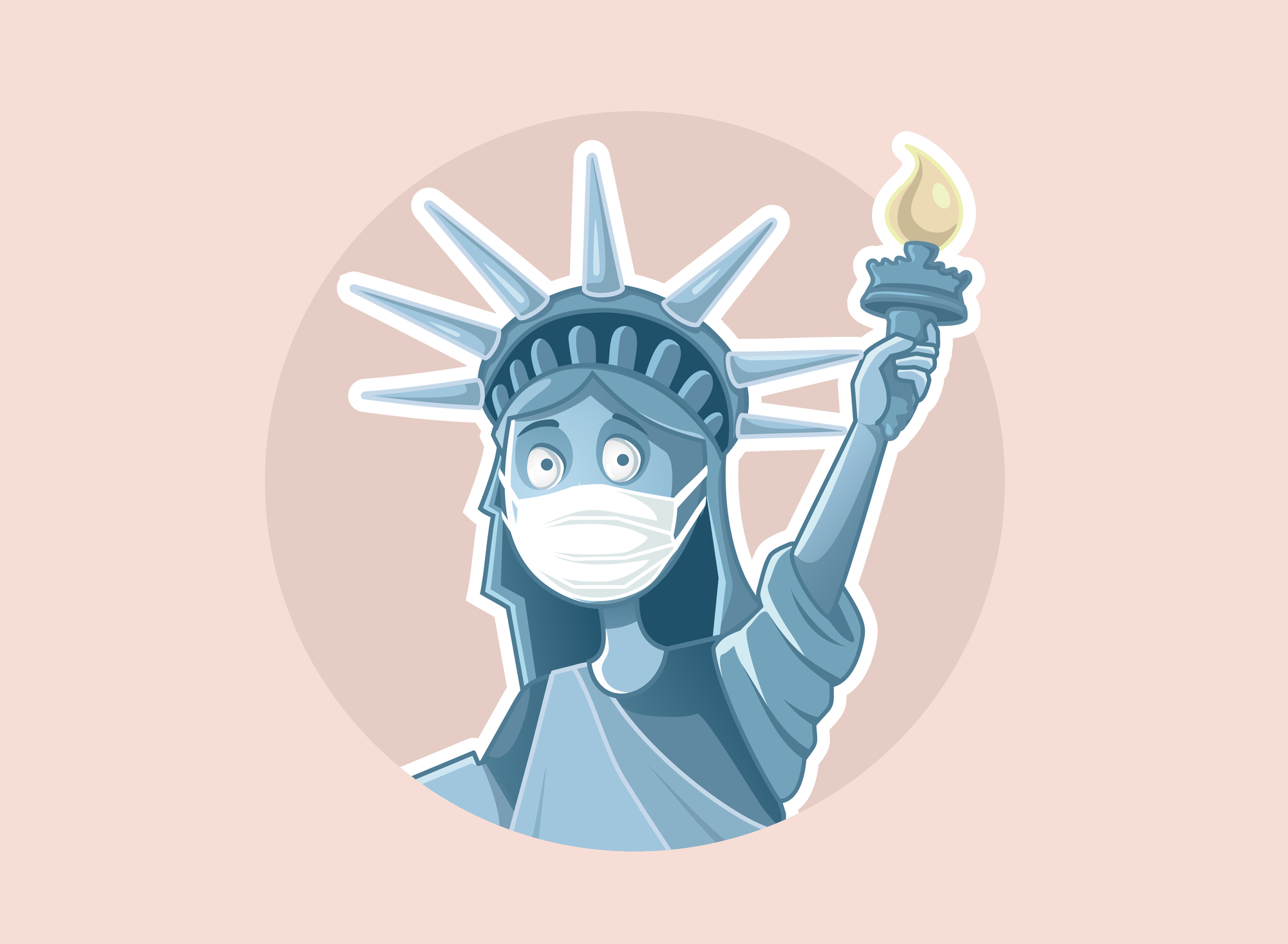


The Business of Requiring Masks: Have a Plan, Communicate Clearly
By Thom Fladung, Hennes Communications
Ohio Gov. Mike DeWine, faced with escalating COVID-19 outbreaks across the state, has put businesses on notice: Require masks for employees and customers or risk being shut down.
“As of today, every single one of our 88 counties has a high rate of virus spread, and areas of our state that were previously untouched – our rural areas – are being hit especially hard,” DeWine said.
The teeth behind the governor’s order is that Ohio Bureau of Workers’ Compensation agents will monitor compliance. A business with a first violation of employees or customers not wearing masks will bring a warning and a second violation will result in a business being ordered to close for up to 24 hours.
More dire steps may be taken for thousands of Ohio businesses if the coronavirus spread is not brought under better control, with bars, restaurants and fitness centers possibly being ordered to close as of Nov. 19.
Requiring masks for customers will be the challenge – and that burden falls on employees, who didn’t sign up for this duty.
As Forbes reported in August, “Reports of workers being attacked, a ‘wild pack of Karens’ melting down, and restaurants closing just to avoid altercations are an unfortunate part of the new normal.”
Local health departments, businesses and law firms that specialize in labor and employment law have been searching for best practices on how to get customers to mask up without melting down. Here’s what we found:
- Lead by example. Stringently require employees to wear masks – including the owner.
- Communicate clearly with customers. Under DeWine’s new order, businesses must post mandatory mask-wearing signs at each public entrance. Don’t stop there. Repeat the signage throughout your business. If you take reservations, use that opportunity to share your mask policy. Put it on your website and social media channels. Some have tried a more human approach, including humor, as with this sign that’s made its way across social media: “If you come into the store without a mask we will have to take your temperature! P.S. We only have rectal thermometers.”
- Provide masks to customers. Take away the “I forgot my mask” excuse. Yes, that’s an extra cost to the business. What’s the cost of being ordered to close?
- Communicate clearly with your employees. Cleveland-based law firm Fisher Phillips has a helpful set of guidelines on its website for anti-mask guests that we recommend reviewing. The advice includes providing training for customer-facing employees on exactly what to say and do.
- Safety remains the first priority. Don’t put your employees in unsafe situations. Fisher Phillips instructs: “If your front-line employee is unable to coax your guests or customers to comply, you should have a designated manager to handle the removal of a visitor. Do not ask or expect a non-management employee to handle removal of a non-compliant visitor, guest or customer. Instead, encourage them to immediately involve a manager.”
This is not a new issue for businesses. In our May newsletter, we shared communication tips from Dr. Peter Sandman, one of the country’s preeminent experts on risk communications.
Now, with DeWine’s order, the stakes have been raised.
Thom Fladung is managing partner of Hennes Communications. You can reach him at fladung@crisiscommunications.com and 216-213-5196. For more about Hennes, check out www.crisiscommunications.com